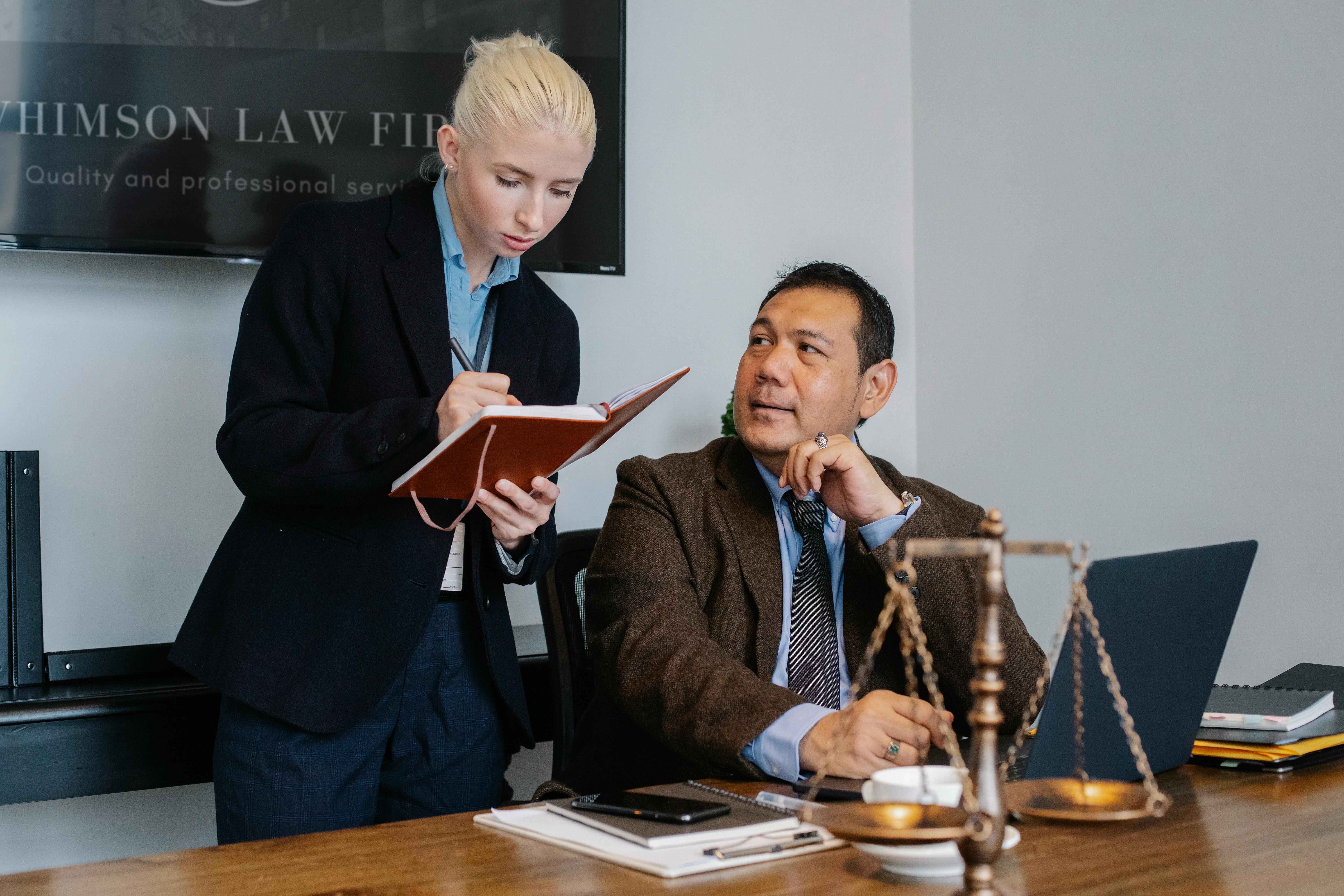WHAT IS YOUR MOTHER’S MAIDEN NAME?
Passwords are crucial to access your accounts and personal information. The problem is that we all have so many accounts that we care more about remembering our passwords than making sure they actually protect our data from hackers. So we end up using passwords like our mother’s maiden name or child’s first name. But even if you add some numbers at the end, those kinds of passwords are easy to crack. And that means your data is not safe.
The following tips can help you avoid the most common password traps and even implement some new ideas that will make your passwords easy to remember…and hard to crack!
strength training
A well-protected password is not only unique, but also difficult to guess. How do you do that? It’s quite simple actually. Just follow this advice:
Use a random string of characters. That means no sequential letters or numbers. None.
Let it be very long. The longer the better, even up to 10 or 14 characters.
Change things. Use a mix of uppercase and lowercase letters, along with some mixed numbers in the middle or at the end.
Don’t use substitutes. Using “@” for “a” or “1” for “I” might look good to you, but most hackers are smart enough to break those surrogates pretty quickly.
Avoid easy targets like words straight from the dictionary or things like last names and birthdays.
multiplication facts
Most of us cheat when it comes to passwords. We have trouble remembering our passwords, so we create two or three that we can remember and use everywhere. But you must avoid temptation. The fact is, once a password is compromised, all your accounts are vulnerable. There’s no getting around it, you need a way to create and remember multiple passwords – a different one for each account!
Foolproof technique for memorable and unique passwords
For all the tips above, good passwords come down to two things: they’re easy to remember and hard to crack. Implementing the tips above can make your passwords hard to crack, but what about remembering them, especially if you have a unique password for each account? Here is a sure tip to help!
1. Think of a sentence. Instead of a common word or a family member’s name, think of a unique phrase that only you know. For example, you can think of something out of the ordinary like “I like short hair, too.”
2. Make it an acronym. In our example, “I also like short hair” would become ILSHT.
3.Add complexity. Remember those substitutes you’re not supposed to use for dictionary words? Well, you CAN use them with your acronym. For example, “I like short hair too” can become “1 Like $short hair 2”, which does: 1L$H2. You can also use upper and lower case letters to make it 1L$h2. The point is to be creative, but in a way that you can easily remember.
4. Make it unique. A password is only truly unique if you use it for one account, and one account only. Therefore, you cannot use 1L$h2 for each account. And actually, it’s still too short. This is the key to the whole process: mix in additional letters and numbers that are unique to each account. For example, if you are logging into a “gmail account”, you can use “gm” and “@cct” (for acct) to do: 1L$h2gM@cct. Then for a Netflix account you can use: 1L$h2Nf@cct.
Of course, these are just examples. You’ll want to get creative and think of your own acronym and ways to add unique characters for each account. And then keep that little secret to yourself so no one can guess your account passwords.
Follow these simple steps and you’ll get passwords that are hard to crack, unique for each account, and easy to remember.
